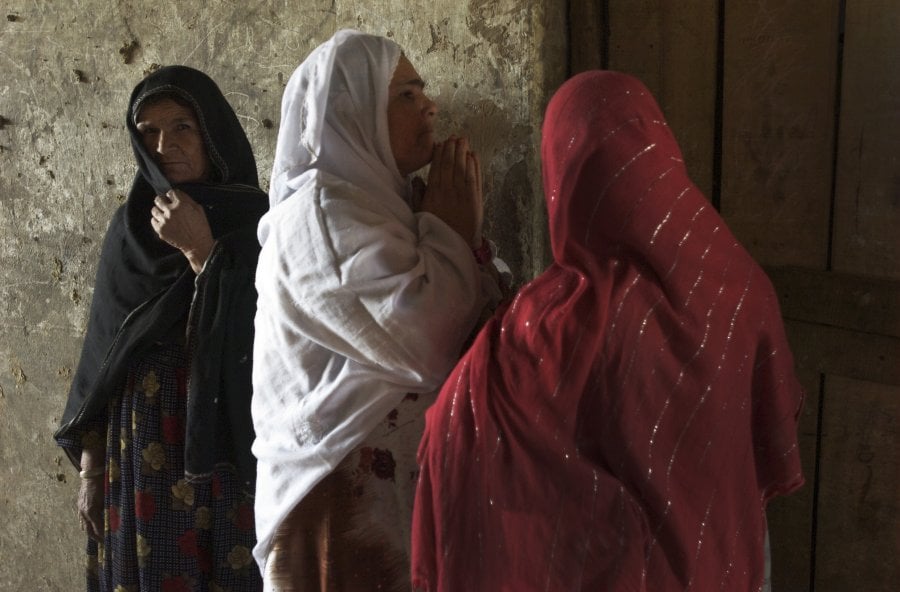Expert comment - concern for the future of healthcare in Afghanistan
24 August 2021 London School of Hygiene & Tropical Medicine London School of Hygiene & Tropical Medicine https://lshtm.ac.uk/themes/custom/lshtm/images/lshtm-logo-black.png
Researchers at the Health in Humanitarian Crises Centre at LSHTM have worked closely with the Afghan Ministry of Health and research partners to assess the delivery of key health interventions to women, children and adolescents in Afghanistan; and to develop its Integrated Package of Essential Health Services to guide priority services and ensure equity.
Professor Susannah Mayhew and Dr Neha Singh from the Health in Humanitarian Crises Centre at LSHTM, said: “The Integrated Package of Essential Health Services is as relevant today as ever, but events since 15 August 2021 are already undermining health gains and threatening the future of healthcare in the country, particularly for women and children.
“Under previous Taliban rule, Afghanistan had the world's second worst maternal mortality rate and one of the worst infant mortality rates. There is an urgent need to safeguard health facilities and healthcare workers to secure Afghanistan’s hard-won gains in health and gender equality.
“Researchers also play a key role in monitoring and improving healthcare and we stand in solidarity with Afghan researchers who should all, especially women, be enabled to continue their work in safety, dignity and with due respect for the contribution they make to Afghan society.”
Our postgraduate taught courses provide health practitioners, clinicians, policy-makers, scientists and recent graduates with a world-class qualification in public and global health.
If you are coming to LSHTM to study a distance learning programme (PG Cert, PG Dip, MSc or individual modules) starting in 2024, you may be eligible for a 5% discount on your tuition fees.
These fee reduction schemes are available for a limited time only.